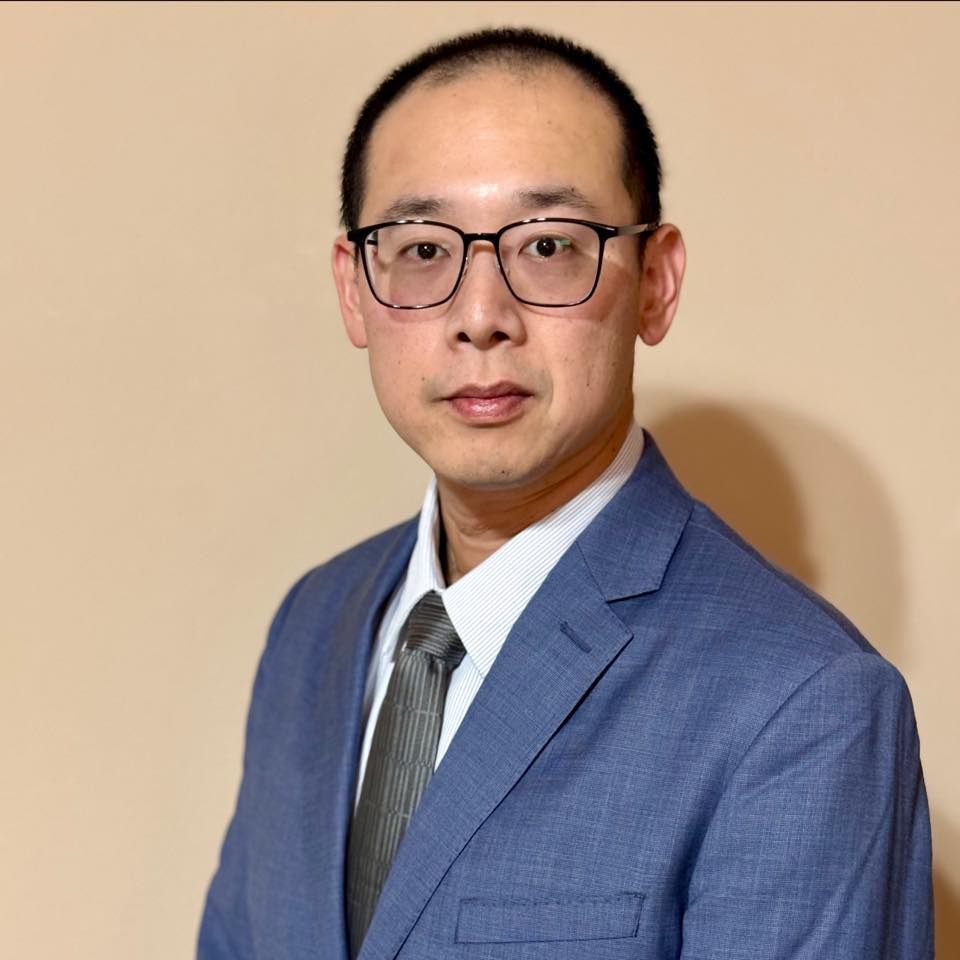Panelists

Panelist:
Chien-Kai Chen
Chien-Kai Chen is an Associate Professor of International Studies at Rhodes College in Memphis, Tennessee. Dr. Chen earned his Ph.D. in Political Science from Boston University and focuses his research on East Asian politics, particularly the political dynamics of Taiwan, China's foreign policy, and China-Taiwan-U.S. relations. His scholarly work has been published in prominent peer-reviewed journals, including Asian Survey, South Asia Research, and Journal of Contemporary China. Dr. Chen's research bridges the fields of international relations and comparative politics, exploring how domestic political shifts influence international diplomacy and regional security in Asia. In addition to his academic contributions, he frequently engages with think tanks and international organizations, contributing to policy discussions about the future of U.S.-Taiwan relations and broader regional security.
Panelist:
Dean Chen
Dean P. Chen is a professor of Political Science at Ramapo College of New Jersey. He holds his Ph.D. in Political Science from the University of California at Santa Barbara. He is the author of three books: U.S.-China-Taiwan in the Age of Trump and Biden: Towards a Nationalist Strategy (New York: Routledge, 2022), U.S.-China Rivalry and Taiwan’s Mainland Policy: Security, Nationalism, and the 1992 Consensus (New York: Palgrave Macmillan, 2017), and U.S.-Taiwan Strait Policy: The Origins of Strategic Ambiguity (Lynne Rienner, 2012). His articles have appeared in Asian Survey, Asian security, Asian Politics & Policy, Pacific Focus, International Relations of the Asia-Pacific, and American Journal of Chinese Studies. Commentaries have appeared in The Diplomat, The National Interest, Global Taiwan Brief, Taiwan Insight, and China-US Focus. In 2014-16, Chen was coordinator of the Conference Group on Taiwan Studies of the American Political Science Association. He was a MOFA Taiwan Fellow in 2014 and a Fulbright U.S. Scholar in 2017-18. Currently, Chen serves on the board of directors of the American Association for Chinese Studies.
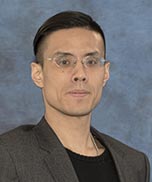
Panelist:
Eugene Chausovsky
Eugene Chausovsky is the Senior Director for Analytical Development and Training at the New Lines Institute for Strategy and Policy, where he oversees the institute’s publication and content production process, as well as its training programs. He previously spent over a decade at Stratfor as a Senior Eurasia Analyst, where he focused on the political, economic, and security dynamics in Russia, Eurasia, and China. His research also addresses global energy issues, trade routes, and climate change. Chausovsky’s writings have appeared in Foreign Policy, The National Interest, Forbes, and The Wall Street Journal, and he has been featured as an expert commentator on major media outlets like BBC and CNN. He holds a Master of International Public Policy from Johns Hopkins University SAIS and a B.A. in International Relations from the University of Texas at Austin.
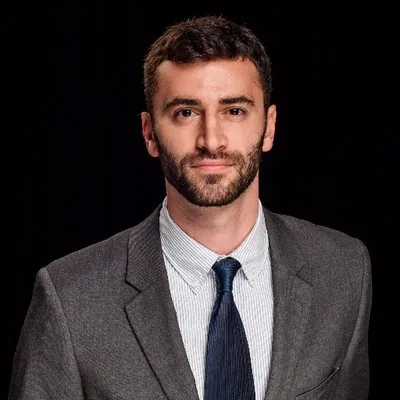
Panelist:
Michael Cunningham
Michael Cunningham is a Research Fellow at The Heritage Foundation’s Asian Studies Center. He focuses on China’s domestic political developments, as well as its foreign and security policy. Prior to relocating to Washington, D.C., Cunningham spent more than a decade in the Greater China region, advising multinational corporations on navigating political risks in China and Northeast Asia. He is fluent in Mandarin Chinese and Portuguese and has lived extensively in both mainland China and Taiwan. His commentary on U.S.-China relations and China’s internal political dynamics has been published in various academic and policy outlets. Michael holds a bachelor’s degree in International Relations from Brigham Young University and a master’s degree in International Affairs from American University.
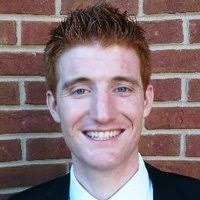
Panelist:
Eric Gomez
Eric Gomez is a Senior Fellow at the Cato Institute, where his research focuses on U.S. military strategy and nuclear arms control, particularly in East Asia. His work has been widely published in outlets such as Foreign Affairs, The Hill, and The Diplomat, and he is the co-editor of America’s Nuclear Crossroads: A Forward-Looking Anthology. In 2020, Gomez was a participant in the Project on Nuclear Issues Nuclear Scholars Initiative, where he conducted research on the impact of U.S. intermediate-range missiles on U.S.-China strategic stability. He holds a B.A. in International Relations from the State University of New York–College at Geneseo and an M.A. in International Affairs from Texas A&M University.
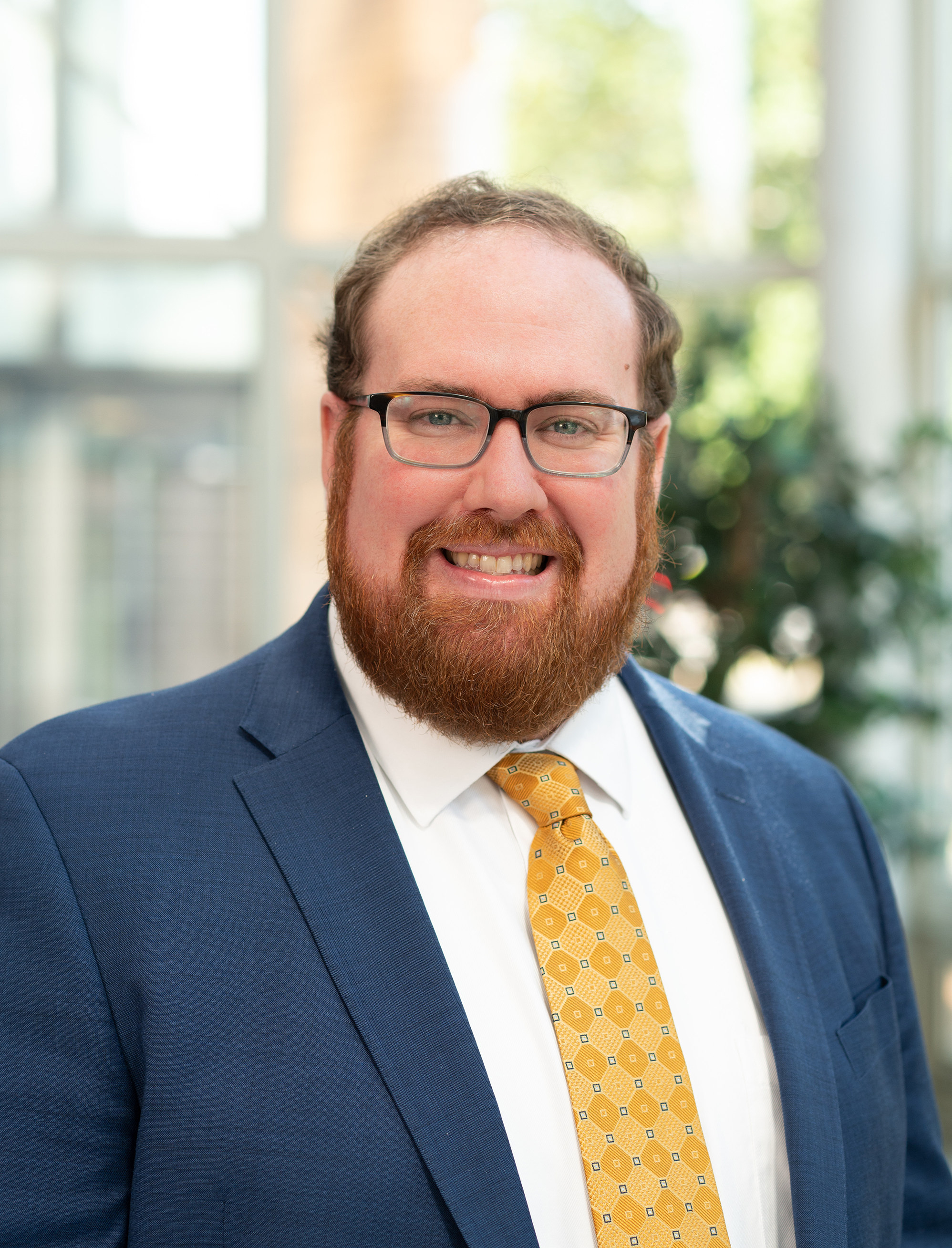
Panelist:
Karl Ho
Dr. Karl Ho is the Director of Graduate Studies and Professor of Instruction in the School of Economic, Political, and Policy Sciences at the University of Texas at Dallas. His research lies at the intersection of data science and political science, with a focus on East Asian democratization, political economy, and human rights. Dr. Ho applies advanced data analytics, statistical modeling, and computational methods to study political phenomena and improve public policy outcomes. His recent work involves creating public goods by employing data analytics to enhance governance and political representation. Dr. Ho has published in numerous journals and presented his research at international conferences, making significant contributions to both the academic and policy communities.
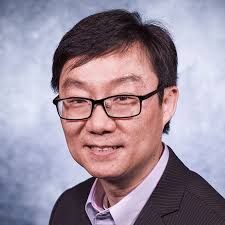
Panelist:
Michael A. Hunzeker
Michael A. Hunzeker is an Associate Professor at George Mason University’s Schar School of Policy and Government, where he serves as the Director of the Program Faculty in Government and International Affairs and the Associate Director of the Center for Security Policy Studies. A former U.S. Marine, Hunzeker’s research focuses on military strategy, defense reform, deterrence, and cross-Strait security issues. He has published in Security Studies, Foreign Affairs, and Journal of Strategic Studies. Hunzeker is also a Senior Non-Resident Fellow at the Center for Strategic and Budgetary Assessments, where he continues his work on East Asian security and defense policy.

Panelist:
Wei Chin Lee
Professor Wei Chin Lee is a Professor of Politics and International Affairs at Wake Forest University. His research interests include Taiwan's foreign relations, U.S.-China-Taiwan relations, and cross-Strait political and security dynamics. Professor Lee has authored numerous books and articles, including Taiwan’s Political Re-Alignment and Diplomatic Challenges (2019) and The Mutual Non-denial Principle (2014). His work has appeared in journals such as Asian Affairs, Asian Survey, and Pacific Focus. He is widely regarded as a leading expert on Taiwan’s international standing and diplomatic strategies, having made significant contributions to scholarly debates on Taiwan’s unique role in global politics.
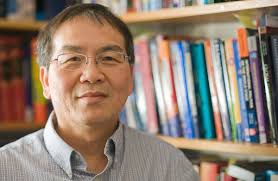
Panelist:
Tse-min Lin
Tse-min Lin is an Associate Professor of Government at the University of Texas at Austin. His teaching and research interests include political methodology, formal theory, and American and comparative political behavior. Dr. Lin has taught at several top institutions, including Duke University and Michigan State University, and has been a visiting scholar at National Taiwan University. His work has appeared in leading journals, including American Political Science Review, Journal of Democracy, and World Politics. He holds a Ph.D. in Political Science from the University of Minnesota and is a recognized authority on political behavior and statistical methods in political research.
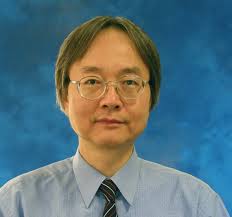
Panelist:
David Sacks
David Sacks is a Fellow for Asia Studies at the Council on Foreign Relations (CFR), where his work focuses on U.S.-China relations, U.S.-Taiwan relations, and China’s foreign policy. Sacks has co-directed CFR's Independent Task Forces on U.S.-Taiwan Relations and China’s Belt and Road Initiative, providing critical insights into U.S. policy toward China and the Indo-Pacific. He has also served at the American Institute in Taiwan, where he advised on political-military affairs. His writings have appeared in Foreign Affairs, The National Interest, The Hill, and The Diplomat. David holds an M.A. in International Relations and International Economics from Johns Hopkins University SAIS.
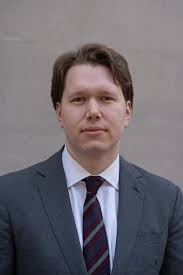
Panelist:
Kharis Templeman
Kharis Templeman is a Research Fellow at the Hoover Institution and part of the Project on Taiwan in the Indo-Pacific. Templeman’s research interests cover Taiwan politics, democratization, elections, party system development, and security issues in East Asia. He has served as a social science research scholar at Stanford University and was the program manager of the Taiwan Democracy and Security Project. Templeman is also a Lecturer in the Center for East Asian Studies, where he teaches on Taiwan security issues. His work has appeared in major journals, and he has contributed to the Varieties of Democracy project since 2012.

Panelist:
Piero Tozzi
Piero Tozzi is the Staff Director for the Congressional-Executive Commission on China (CECC), where he leads efforts to monitor human rights and the rule of law in China. He is an expert in legal and policy analysis, focusing on human rights advocacy and U.S. congressional oversight on China’s governance. Tozzi has held positions in international law and human rights organizations and has contributed to U.S. policy discussions on the complexities of U.S.-China relations. He holds a law degree from Fordham University School of Law and has provided testimony on human rights issues before Congress.
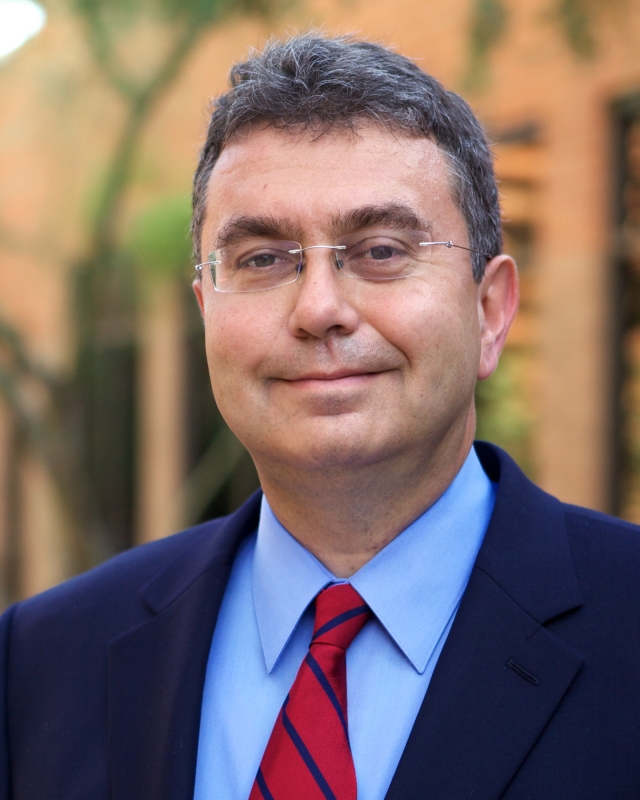
Panelist:
Vincent Wei-Cheng Wang
Vincent Wei-Cheng Wang is Dean and Professor of Political Science at Adelphi University and a Non-Resident Senior Fellow at the Foreign Policy Research Institute. Wang’s research focuses on international political economy and Asian studies, with a special emphasis on China-Taiwan relations. He has served as a Visiting Professor at National Chengchi University and National Sun-Yat-sen University in Taiwan and has been published in journals such as Asian Survey, China Review, and Issues & Studies. His latest work addresses the China-India rivalry and the impact of China’s rise on regional security.
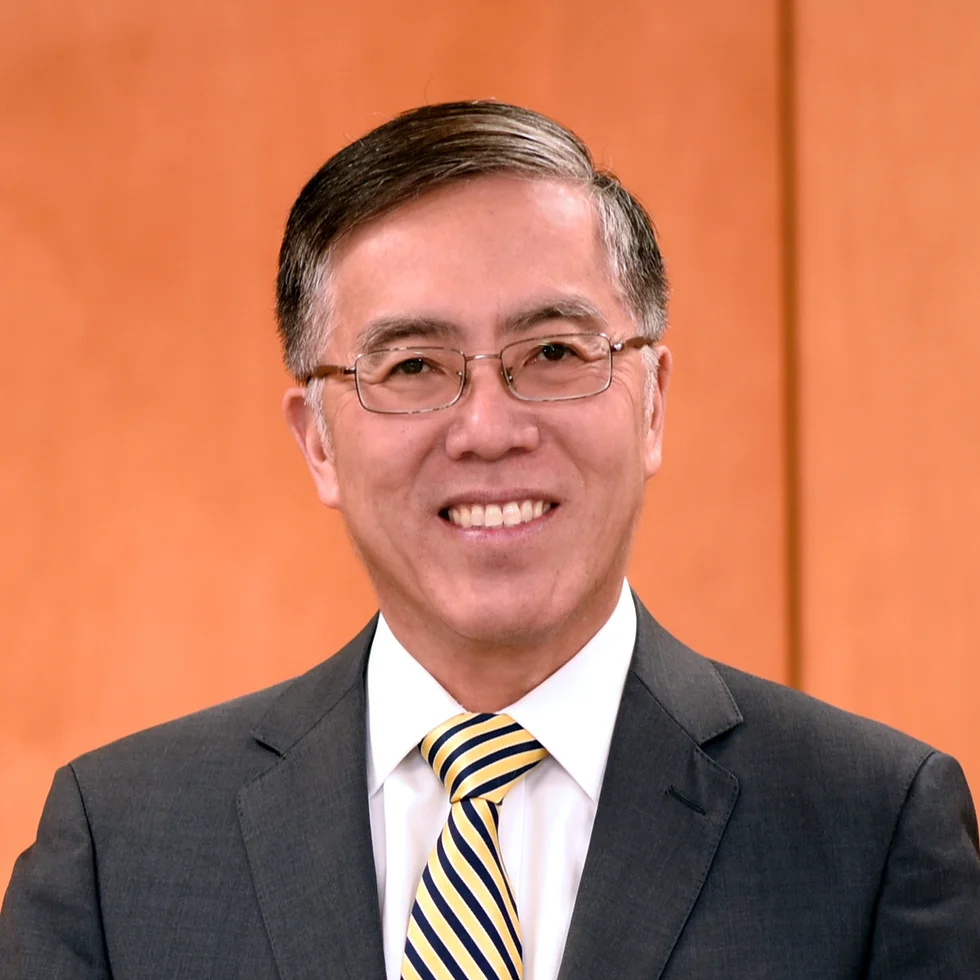
Panelist:
Yuan-kang Wang
Dr. Yuan-kang Wang is a Professor of Political Science at Western Michigan University. He specializes in international relations and East Asian security, with a focus on Chinese power politics. Wang holds a Ph.D. in Political Science from the University of Chicago and has been a Fellow at Harvard University's Belfer Center for Science and International Affairs. He is the author of Harmony and War: Confucian Culture and Chinese Power Politics, which examines the role of Confucian culture in shaping China's grand strategy. Wang’s research is widely cited in both academic and policy circles, and he has contributed to discussions on U.S.-China security relations.
Panelist:
T.Y. Wang
Dr. T.Y. Wang is University Professor Emeritus at Illinois State University, where he previously chaired the Department of Politics and Government. His research focuses on Taiwanese national identity, cross-Strait relations, and U.S. policy toward China and Taiwan. Dr. Wang has authored over 60 articles and book chapters, and his work has appeared in the American Political Science Review, Asian Survey, Electoral Studies, and International Studies Quarterly. He is also the co-editor of The Taiwan Voter (2017), which examines voting behavior and electoral dynamics in Taiwan. Dr. Wang is recognized for his long-standing contributions to Taiwan studies.

Panelist:
Ting Wei Weng
Ting Wei Weng is a Visiting Assistant Professor at the University of St. Thomas, where she teaches courses on political behavior and public opinion. Dr. Weng earned her Ph.D. in Political Science from the University of Houston. Her research focuses on political psychology and voting behavior in Taiwan and the United States, with a particular interest in independent voters. She is also deeply engaged in survey and experimental design methodologies, contributing to a better understanding of political attitudes and behaviors in democracies.
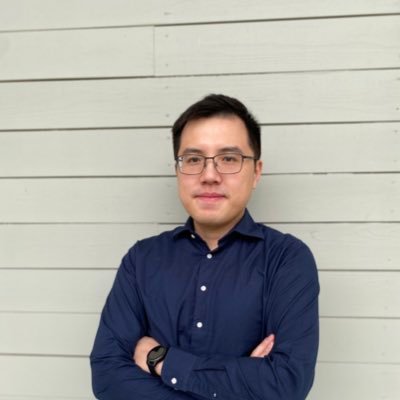
Panelist:
Charles Chong-Han Wu
Charles Chong-Han Wu is Chair and Professor of Diplomacy at National Chengchi University in Taiwan. His research focuses on international conflicts, Chinese foreign aid, and Sino-U.S. relations. Dr. Wu holds a Ph.D. in Political Science from the University of South Carolina and has published extensively in international journals. His current work examines secondary states’ foreign policies in East Asia and how they navigate the complex U.S.-China rivalry. Dr. Wu has held several visiting fellowships and has contributed to policy discussions on Taiwan’s international standing.
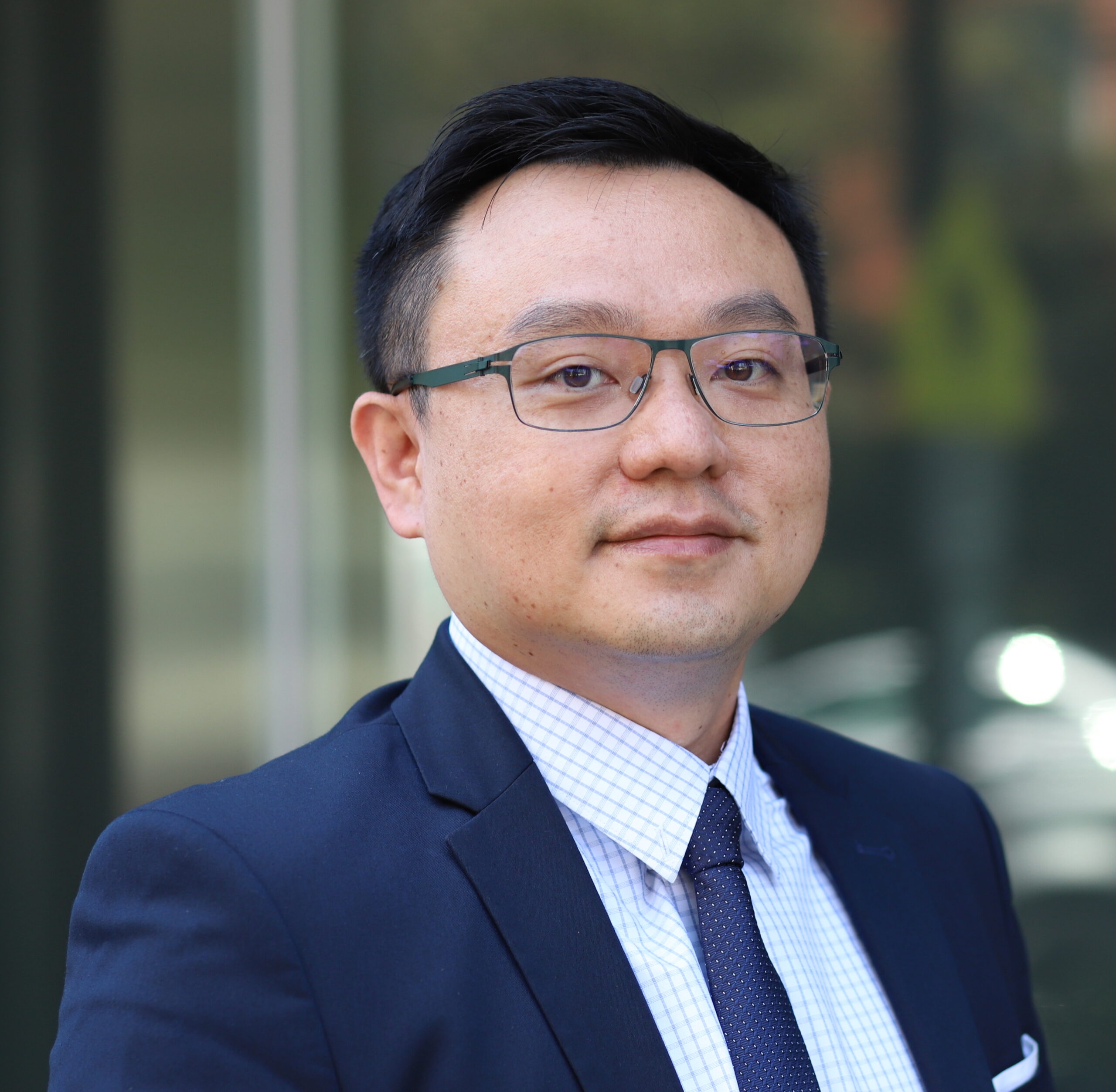
Panelist:
Charles Wu
Dr. Charles Wu is an Assistant Professor in the Department of Political Science at the University of South Alabama. His research interests span the intersection between International Relations and American Politics, with a particular focus on public opinion surrounding military operations overseas. His work has appeared in publications such as The National Interest, Journal of East Asian Studies, and International Relations of the Asia-Pacific. Dr. Wu’s most recent co-authored book, Presidentialism, Violence, and the Prospect of Democracy (2021), examines the relationship between political systems and violence.
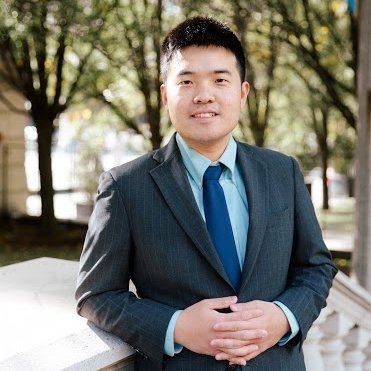
Panelist:
Stan Hok Wui Wong
Stan Hok-Wui Wong is an Associate Professor at the Hong Kong Baptist University and an expert on Hong Kong and Chinese politics. His book, Electoral Politics in Post-1997 Hong Kong: Protest, Patronage, and the Media, explores the challenges facing pro-democracy parties in Hong Kong. Dr. Wong is the principal investigator of the Hong Kong Election Study and a member of the research teams for the Asian Barometer Survey and the World Values Survey. His research has been published in leading journals such as British Journal of Political Science, Electoral Studies, and Journal of Peace Research.
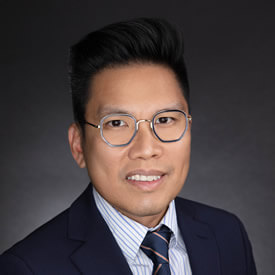
Panelist:
Yao Yuan Yeh
Yao Yuan Yeh is Professor and Fayez Sarofim-Cullen Trust for Higher Education Endowed Chair in International Studies at the University of St. Thomas. He also serves as Chair of the Department of International Studies and Director of the Taiwan & East Asia Studies Program. Dr. Yeh’s research focuses on U.S.-China-Taiwan relations, international security, and public opinion. He holds a Ph.D. from Texas A&M University and has been widely published in journals on East Asian politics, including the Taiwan Journal of Democracy and Journal of Chinese Political Science. Dr. Yeh is a leading voice in Taiwan studies and has provided expert commentary on U.S.-Taiwan relations in international media.
